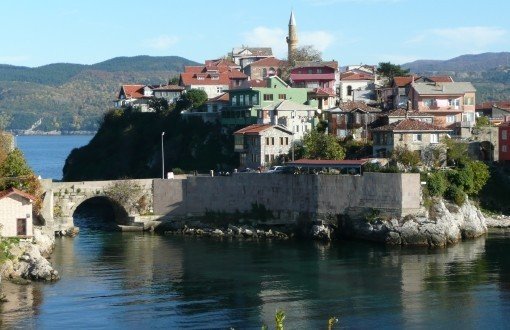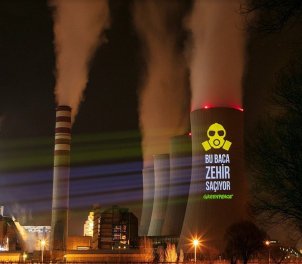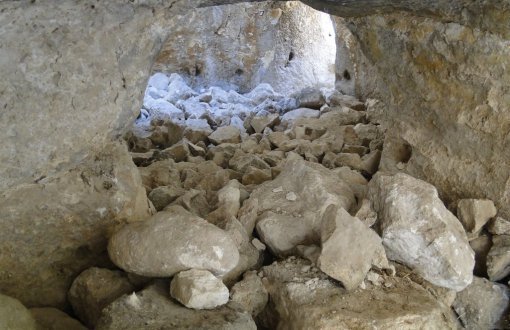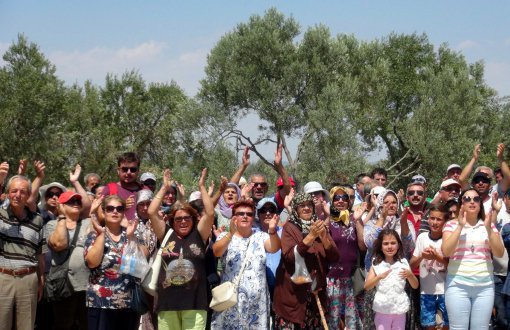Click to read the article in Turkish
People are getting prepared prepared to bring an action against coal-fired thermal power plant planned to be built in Bartın’s Amasra town.
The Ministry of Environment and Urbanization issued decision of against Environmental Impact Assessment (ÇED) positive report on October 10.
Submitting a petition of objection earlier with 42,000 signatures, around one fifth of Bartın with the population of 180,000, Amasra residents will now take a legal action. Desks to inform people are being installed today (October 14).
Resistance history of Amasra
People have been resisting against the thermal plant plans for a long time.
Containing Küre Mountains National Park, Amasra takes place within in the regions in which eco-tourism to be developed as part of 2023 Turkey Tourism Strategy.
Amasra Castle, left from Genoese, entered UNESCO Temporary World Heritage list in 2014.
Hattat Holding wants to install thermal power plant of 1,320 megawatts in Amasra’s Gömü and Tarlaağzı villages.
Heme Thermal Power Plant wants to be built on a 38-hectare natural forestry areas with 33-hectare thermal plant area, 200-hectare limestone, breaking-screening facility areas, and 150-hectare ash and gypsum storage areas.
Seeking to construct a coal-fired thermal power plant in the city for years, the company signed royalty agreement in 2005 to provide coal for the company but it hasn’t mined coal yet.
Core objections
From Bartın University, Faculty of Forestry Prof. Dr. Erdoğan Atmış raised the following objections:
Inversion: Air cannot rise due to the temperature difference in sea and land surfaces in Amasra. Fog layer comes down and it remains stable if there is a mountain. If you release carbon dioxide or sulphur to air, it mixes in the atmosphere and falls down. This is a very lethal threat.
Economic devastation: The thermal power plant will end touristic activities. Fishing, agricultural activities such as strawberry, hazelnut etc. and forestry products will be harmed.
Ecological devastation: It is obvious that cooling wat will seriously damage sea ecosystem. The drinking water that the population access freely will be at risk. There is not sufficient research about endemic and endangered plant and animal species. (NV/TK)












